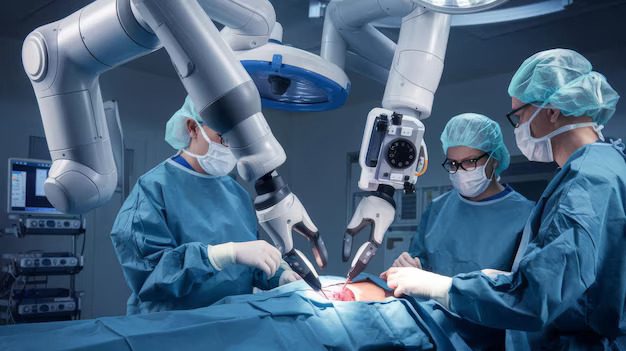In today’s world of modern medicine, minimally invasive techniques have revolutionized the way we approach women’s health. One such advancement is laparoscopic gynecologic surgery, a procedure that offers precision, faster recovery, and minimal scarring. As a leading gynecologist and laparoscopic surgeon in Chennai, Dr. Saradha believes in empowering women with the knowledge to make informed choices about their reproductive health.
Whether you’re dealing with fibroids, ovarian cysts, endometriosis, or considering a hysterectomy, understanding what laparoscopic surgery involves can help ease anxiety and clarify your treatment options.
What is Laparoscopic Gynecologic Surgery?
Laparoscopy, often referred to as “keyhole surgery,” is a minimally invasive surgical technique where small incisions (usually 0.5 to 1 cm) are made in the abdomen. Through these incisions, a thin tube with a camera (laparoscope) and specialized surgical instruments are inserted to perform procedures within the pelvic region.
This approach offers a detailed, magnified view of internal organs and allows for greater accuracy with significantly less trauma compared to traditional open surgery.
Common Conditions Treated with Laparoscopy
Uterine Fibroids
Non-cancerous growths in the uterus, fibroids can cause heavy bleeding, pelvic pain, and infertility. Laparoscopic myomectomy (removal of fibroids) preserves the uterus, making it a preferred choice for women planning future pregnancies.
Ovarian Cysts
Cysts that don’t resolve on their own or cause symptoms like bloating, pain, or menstrual irregularities can be removed laparoscopically with minimal disruption to ovarian function.
Endometriosis
This painful condition occurs when tissue similar to the lining of the uterus grows outside it. Laparoscopy helps diagnose and treat endometriosis with greater visibility and accuracy, often providing significant pain relief and improved fertility outcomes.
Hysterectomy
When conservative treatments fail, a laparoscopic hysterectomy (removal of the uterus) can be performed with fewer complications, faster recovery, and less postoperative pain than traditional surgery.
Key Benefits of Laparoscopic Surgery
Smaller incisions, minimal scarring
Reduced blood loss
Less postoperative pain
Shorter hospital stays (often same-day discharge)
Faster return to normal activities
Lower risk of infection and complications
What to Expect: The Procedure and Recovery
Before Surgery
- You’ll undergo a detailed consultation, imaging, and routine pre-op tests.
- Dr. Saradha will discuss your medical history, concerns, and treatment plan.
During Surgery
- The procedure is typically done under general anesthesia.
- Small incisions are made in the abdomen through which the laparoscope and instruments are inserted.
After Surgery
- Most patients go home the same or next day.
- Light activities can resume within a few days; full recovery usually takes 2–3 weeks depending on the procedure.
- Follow-up visits ensure proper healing and address any concerns.
Is Laparoscopic Surgery Right for You?
Not all cases are suitable for laparoscopy. Factors like the size of fibroids, extent of endometriosis, or prior surgical history may influence the decision. A personalized evaluation with an expert like Dr. Saradha is essential to determine the safest and most effective approach for you.
Final Thoughts
Laparoscopic gynecologic surgery is a powerful option for women seeking effective, less invasive solutions for common reproductive health concerns. By choosing an experienced surgeon who combines advanced techniques with compassionate care, you ensure not just a safe procedure—but a smoother recovery and better quality of life.
If you’re experiencing gynecological symptoms or exploring surgical options, consult Dr. Saradha for expert guidance tailored to your unique health needs.
For appointments and consultations, visit: drnssaradha.com
Let knowledge be your first step to wellness.



